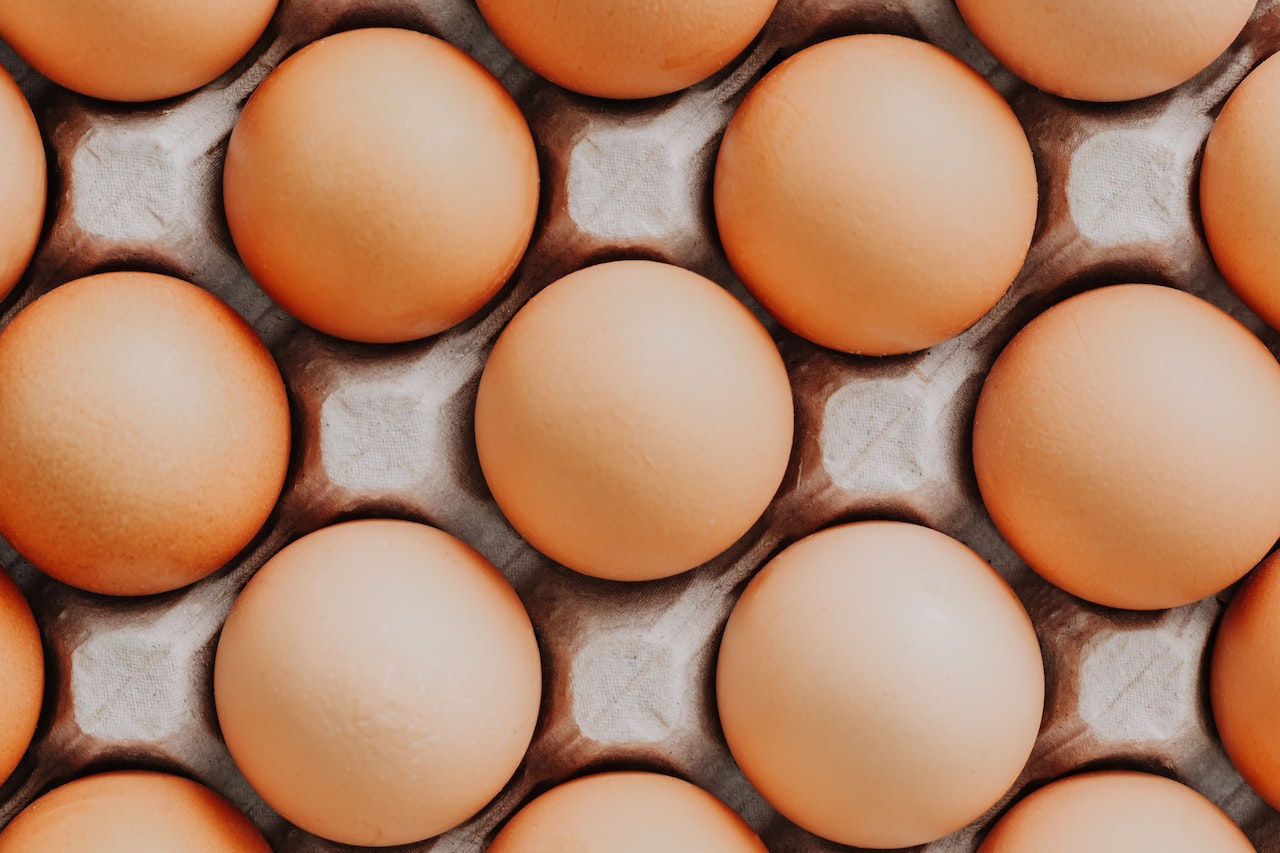Eggs, like all other organic matter, can be composted. So, whether you scrambled too many eggs or left a carton of raw eggs in your fridge and it’s now rotten, you can toss it into your compost bin, but there are a few drawbacks.
There are tricks and guidelines to composting eggs without some gnarly side effects, so read on.
Table of Contents
Can you compost cooked eggs?
Cooked eggs can be composted. However, you may want to consider the potential disadvantages before you toss your Sunday scramble into the compost pile.
First of all, like meat and dairy products, gardeners say that adding eggs into the mix can complicate your composting process by attracting unwanted pests.
Also, this should come as no surprise: cooked eggs cause your pile or bin to smell pretty bad as the egg decomposes, so if you add cooked eggs, just add a little bit.
Can you compost raw eggs?
Almost any composting method can be used to compost raw or cooked eggs, provided that only small amounts are added.
Consider adding some raw, poached, scrambled, or fried egg leftovers to your hot or cold compost pile, but only once in a while.
Mix it with fruit and vegetable trimmings, coffee grounds other food waste that does not come from an animal source.
Can you put whole eggs in compost?
Although you technically can put whole eggs in compost because they are organic waste, it is not recommended. In most backyard compost bins, whole raw or cooked eggs should be avoided.
If these are added, they may attract pests and rodents and stink like rotten eggs. Eggs can, however, be added to certain types of compost bins, such as bokashi bins or managed hot compost bins.
Are eggs green or brown materials?
Egg yolk and egg whites are considered green material, but the egg shell is not. Since eggshells are primarily minerals composed of calcium carbonate rather than carbon or nitrogen, they are not regarded as brown or green in composting but are still good composting ingredients.
An eggshell contains calcium and a smaller amount of magnesium, phosphorus, and potassium, which makes it excellent organic material to add to your compost heap.
Fertilizing vegetables and fruits with finished compost that contains eggshells is a great way to conserve resources and improve the quality of your garden soil.
Certain egg cartons are considered brown material, and small pieces can be added to your compost and other compostable materials like grass clippings.
Do You need to worry about salmonella from eggs?
Unless handled and cooked properly, eggs can cause serious illness. This is due to the possibility of eggs being contaminated with Salmonella, a bacteria harmful to humans.
When birds lay eggs or when the eggs come into contact with bird droppings (poop) after being laid, Salmonella bacteria can be transmitted to eggshells.
Commercial eggs purchased at the grocery store are typically not subject to this problem since they are washed before they are packed and sold.
It is also possible for Salmonella to contaminate the contents of an egg while it is forming inside the chicken before its shell is formed, so if you are using farm-fresh organic eggs, be careful and rinse the eggs and your hands thoroughly.
How to compost eggs?
If you want to compost your egg waste from the kitchen, you may add egg into your compost, but be cautious about how much you add as home composting too much egg will make your pile stinky, and rodents will be attracted to it.
Add a small amount of cooked or raw egg and then mix it in thoroughly. As for the eggshell, make sure you rinse, dry, and crush it before adding it to your compost. Crush the eggshell into a fine powder to further accelerate the composting process.
Will eggs in compost smell?
Yes, adding eggs to your compost will undoubtedly cause a bad smell.
You can try adding the yolk to the middle of your pile to speed up the decomposition process, but they will likely still smell, perhaps just a bit less than if the egg product is near the top of the pile.

